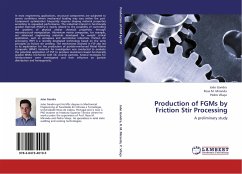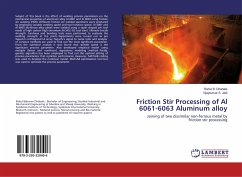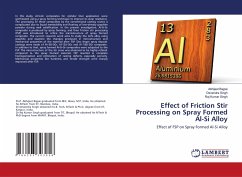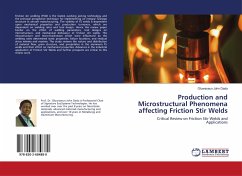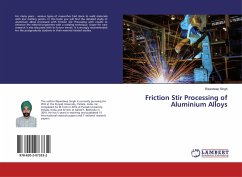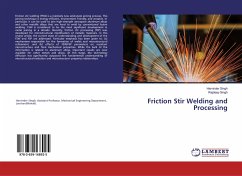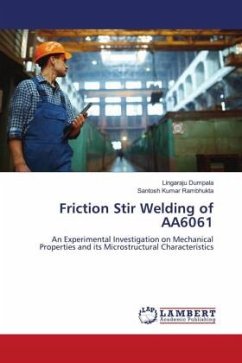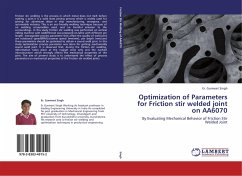In most engineering applications, structural components are subjected to service conditions where mechanical loading may vary within the part. Component optimization frequently requires shaping material properties according to requested performance. The industrial interest in functionally graded materials (FGM s) is mainly related to the possibility of controlling the gradient of physical and/or chemical properties, through microstructural manipulation. Aluminium matrix composites, for example, are advanced engineering materials developed for weight critical application, such as aerospace and automotive industries. Friction stir processing (FSP) is a recently developed technology based on the same principles as friction stir welding. The mechanisms involved in FSP also led to its exploitation for the production of particle-reinforced Metal Matrix Composite (MMC) materials. An investigation was conducted to evaluate the potential application of FSP to produce aluminium based functionally graded MMCs reinforced with SiC ceramic particles. Several strategies for reinforcement were investigated and their influence on particle distribution and homogeneity.
Bitte wählen Sie Ihr Anliegen aus.
Rechnungen
Retourenschein anfordern
Bestellstatus
Storno

